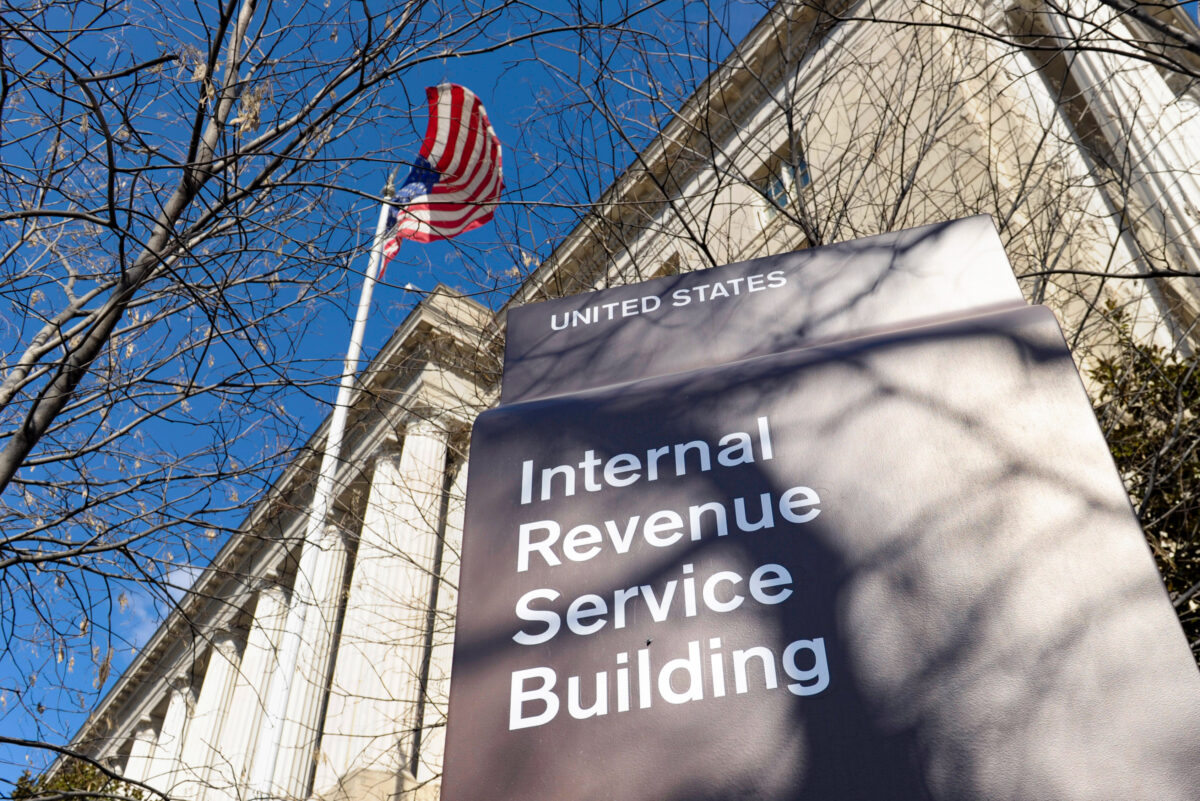


The Internal Revenue Service (IRS) has issued proposed regulations that would abolish certain tax shelters.
The agency’s proposed rulemaking wants to classify certain types of insurance arrangements that let small businesses benefit from tax breaks as either “listed transactions” or “transactions of interest,” making it easier for the IRS to disallow certain claimed tax benefits.
“Listed transactions” are abusive tax transactions, while “transactions of interest” are ones that have the potential for tax avoidance or evasion. Both must be reported to the IRS.
The insurance arrangements that the IRS is targeting are called “micro-captive transactions.” These are insurance arrangements where small businesses create their own insurance companies (called “captive” insurance companies) to cover potential losses or liabilities. These micro-captive insurance companies are eligible for certain tax benefits, such as the ability to pay tax only on their investment income.
Tax law generally allows businesses to create “captive” insurance companies to protect against insurance risks and permits some small non-life insurance companies (“micro-captives”) to pay taxes only on their investment income. But the IRS says some of these are actually “abusive tax shelters.”
The IRS says that some promoters, accountants, or wealth planners have been known to encourage businesses to participate in abusive micro-captive structures that lack many of the attributes of genuine insurance for the main purpose of reducing taxes.
“The IRS has consistently disallowed the tax benefits claimed by taxpayers in abusive micro-captive structures. Some taxpayers have challenged the IRS position disallowing these micro-captive tax benefits in court, but none has been successful,” the IRS said in a statement.
The tax agency previously identified certain micro-captive transactions as transactions of interest in a notice. However, courts ruled that the IRS lacks the authority to make this classification via notice and that it must instead identify such transactions by following the notification and public comment procedures that apply to regulations.
While the IRS disagrees with the court decisions (pdf), it said it has decided to follow the procedures that apply to proposed regulations “to ensure that these decisions do not disrupt the IRS’s ongoing efforts to combat abusive tax shelters throughout the nation.”
The IRS plans to finalize the regulations in 2023 following public comment. While the proposed rule has not yet been published in the Federal Register, the IRS has provided a pre-publication version (pdf) for review by the public.
The proposed rule basically overlaps with the earlier IRS notice that was challenged by courts.
For example, it identifies micro-captive transactions as transactions of interest if the liabilities incurred by the captive insurer are less than 70 percent of the premiums earned less policyholder dividends.
The new proposal comes days after the IRS released a new funding plan (pdf), in which it identified certain transactions as being at high-risk of noncompliance and vowed to ramp up enforcement.
The IRS said in the newly released plan that it would increase enforcement in the area of digital asset transactions and certain other types of transactions.
“The IRS tracks many known, high-risk issues in noncompliance, such as digital asset transactions, listed transactions, and certain international issues. These issues arise in multiple taxpayer segments, and data analysis show a higher potential for noncompliance,” the IRS wrote in the plan.
“We will prioritize resources to increase enforcement activities, including criminal investigation as appropriate,” the agency added.
The tax agency said in the plan that it will develop an information platform to support digital asset reporting and analytics tools with the aim of bolstering digital asset compliance.
Digital assets include convertible virtual currency, cryptocurrency, stablecoins, non-fungible tokens (NFTs), and other digital representations of value, according to the IRS.
Digital assets are considered property by the IRS, which requires taxpayers to report taxable gains or losses from transactions involving such assets.
While the IRS vowed to ramp up enforcement of certain transactions and said it’s planning to get tough on wealthier tax dodgers, it said it would soften its enforcement efforts for ordinary filers.
The agency said in the plan that it is rolling out a new program of “tailored post-filing treatments” to resolve issues and omissions on tax returns to provide an opportunity to remedy them before proceeding to a tax audit.
The IRS will use “advanced analytics” to distinguish taxpayers who made good-faith mistakes on their tax returns from those trying to avoid paying what they owe.
The program would then notify the honest-but-errant taxpayers in a way that starts off with a gentle nudge to give them an opportunity to self-correct.
“We will address issues identified after filing that require IRS intervention promptly and in ways tailored to the specific circumstances of the taxpayer, such as a soft notice to encourage self-correction instead of an audit.”
“Notification could start with a soft notice, for example, and move to an audit if no action is taken or the issue remains unresolved.”
The IRS said that resorting to “less-intrusive treatments” would give taxpayers who want to be compliant a quick and easy way to correct issues that have emerged after they’ve filed their tax returns while helping to prevent “unnecessary audits.”
As an outcome of the new initiative, the IRS hopes to see a higher incidence of taxpayers correcting or self-correcting issues, as well as a reduction in repeat noncompliance.
The IRS also expects the initiative to boost the incidence of taxpayers paying what they owe.
Allen Zhong contributed to this report.
